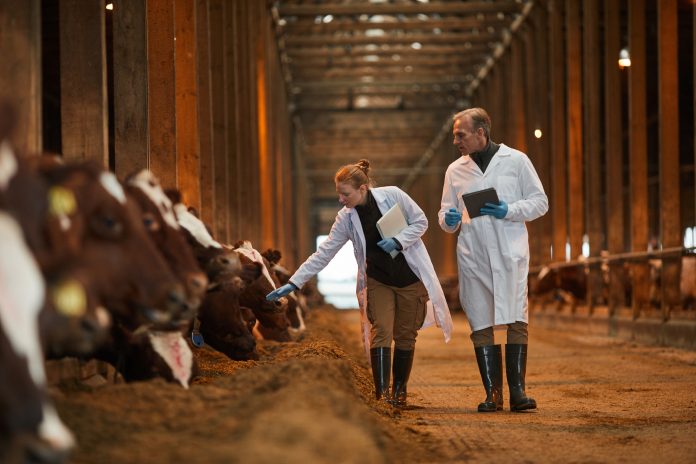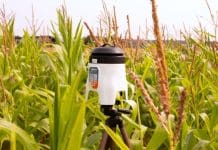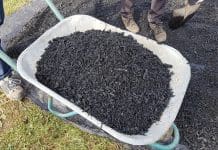The University of Edinburgh’s new £5 million hub at the Roslin Institute aims to revolutionise livestock farming through precision breeding, gene editing, and AI, enhancing sustainability and disease resilience
A groundbreaking initiative is underway at the University of Edinburgh that promises to transform the future of precision breeding. With a £5 million investment, the new research hub will harness the power of gene editing and artificial intelligence to develop more intelligent, more resilient farm animals. This pioneering effort not only aims to enhance sustainability and improve animal welfare but also holds the potential to meet the increasing global demand for food in an environmentally responsible manner, offering hope for a more sustainable and ethical future of food production.
The five-year funding comes from the UKRI Biotechnology and Biological Sciences Research Council (BBSRC), Gates Foundation, The Roslin Foundation, and the University as part of the Edinburgh & SE Scotland City Region Deal.
The hub, a collaborative effort between the University of Edinburgh and major funding bodies, will harness Edinburgh’s unique infrastructure, resources, and expertise in engineering biology for farmed animals. This inclusive approach aims to share knowledge and resources with collaborators across academia and business, inviting them to participate in the journey to explore how animal production can be improved to develop more sustainable food systems.
Using engineering biology to cultivate desirable traits in animals
The researchers used engineered biology to rapidly introduce beneficial traits in plants and animals, which typically can take decades to achieve through traditional breeding programmes.
One of the team’s primary focuses is investigating the genetic factors that influence milk production in cattle, with the aim of reducing emissions by enhancing milk yield efficiency.
Previous research from the University utilised gene editing techniques to successfully alter a single gene in pigs, making them resistant to porcine reproductive and respiratory syndrome, the most costly infectious disease affecting pigs worldwide. Following this development and the new investment in the hub, the researchers will also explore how small changes to DNA could protect animals from disease.
Furthermore, the hub’s researchers will develop artificial intelligence (AI) tools to address more complex genetic traits in animals, which involve multiple genes. AI will help the researchers select potential gene targets and identify which sections of DNA to edit. This urgent work includes resistance to bird flu, which has had a devastating impact on both farmed and wild bird populations worldwide. Efforts to control the spread of the disease are not just important, but urgently needed, experts say.
The University of Edinburgh is a world-leader in engineered biology
The University is hailed for its pioneering expertise in engineered biology and precision breeding, hosting the largest and most comprehensive group of researchers in the UK. The school has more than 100 Principal Investigators leading research in the discipline, investigating its potential to create new products and services in areas such as human gene therapy, farming, and industrial processes.
Engineering biology harnesses nature’s processes to generate new products and applications addressing urgent global challenges in food security, health, and climate resilience. This investment reflects BBSRC’s commitment to supporting transformative research that deepens our fundamental understanding of biology and accelerates the responsible application of innovative technologies. Thanks to support from the Gates Foundation and Roslin Foundation, we are building a powerful collaboration that helps maximise the value and impact of our collective investments. The new Edinburgh hub will position the UK at the forefront of efforts to sustainably enhance livestock production and improve animal welfare, benefiting both the UK and the world,” commented Professor Anne Ferguson-Smith, BBSRC Executive Chair.
“As a charity dedicated to advancing animal welfare, sustainable agriculture, and biomedical innovation, we are proud to support this transformative hub. Its pioneering work in gene editing and AI holds great promise for improving livestock health and productivity while promoting more ethical and resilient food systems,” added Suzy Purcell, Chief Operating Officer at The Roslin Foundation.











